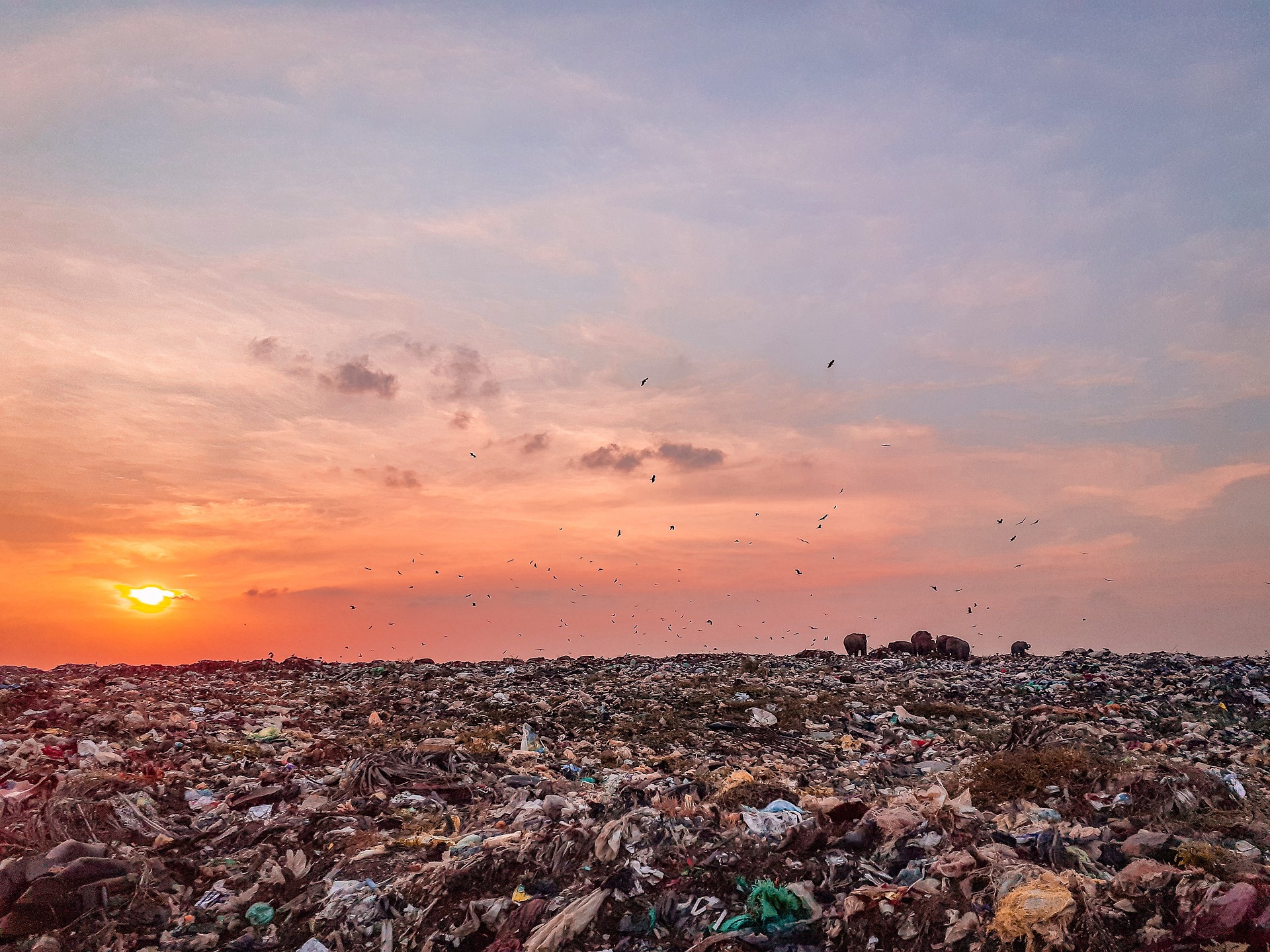Manchester Company Hit with £870,000 Fine for Illegal Waste Exports.

A Manchester company has been fined over £870,000 for illegal waste exports by illegally exporting non-recyclable waste to Poland.
The Environment Agency launched an investigation after discovering the company was falsely claiming the waste was recyclable. This included items like electrical equipment, nappies, and oil canisters, which were shipped to Poland under the guise of being recycled but were likely destined for incineration or landfill.
The court found that the company had deliberately misled authorities, putting the environment at risk. The company’s director was also fined £10,000.
The Environment Agency has warned that it will continue to take strict action against companies that engage in illegal waste exports. Such activities can have serious environmental consequences and undermine efforts to promote sustainable waste management.
Illegal waste exports are on the rise.
This can have a negative impact on legitimate businesses that operate within the law. It undercuts their prices and creates an unfair playing field. Additionally, illegally exported waste can blight the environment in the receiving countries, causing pollution and harming human health.
The UK produces a significant amount of waste.
While some recyclable materials are exported for reprocessing abroad, strict regulations are in place to ensure this waste is handled responsibly. However, illegal waste exports can have a devastating impact on developing countries, where often inadequate waste management infrastructure leads to pollution and health risks.
Clearpoint Recycling can help companies comply with waste export regulations and reduce their environmental impact. Contact our Compliance and Pre-Informed Consent Teams to learn more. By choosing to work with companies like Clearpoint Recycling, businesses can contribute to a more sustainable future and help to protect the environment both domestically and internationally.
In addition to the environmental damage, illegal waste exports can also contribute to social and economic problems in developing countries. For example, the waste may be dumped in or near communities, leading to health issues and reducing property values. By choosing to work with responsible companies, businesses can help to ensure that their waste is managed ethically and sustainably.
The full press release from the Environment Agency can be found here.
